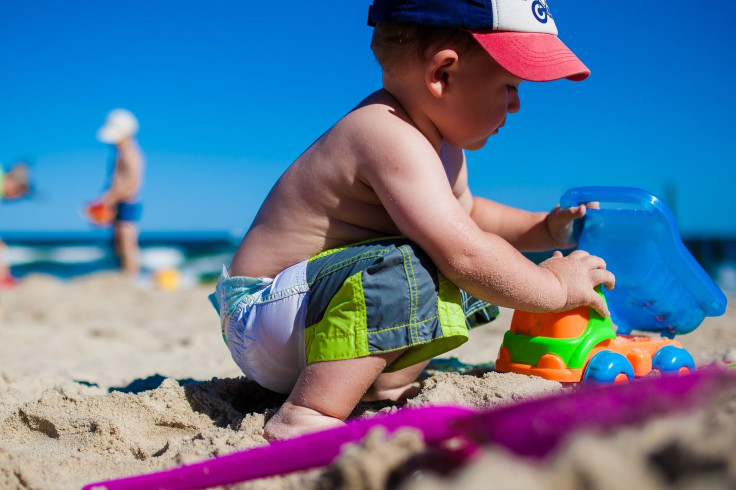Study: Having Gay Parents Does Not Affect Child’s Gender Identity

Kids who are raised by gay parents do not develop in their gender identity any differently than other children, a new study has suggested.
After researchers followed children over the course of several years, a paper in the journal Sex Roles says their gender identity was pretty solidified early on in their lives and the structure of the family, including the sexual orientation of parents, did not affect that.
“Consistent with other studies, children’s gender-typing over time was predicted by gender, age, and earlier play styles, but not by parental sexual orientation,” according to the study.
The researchers were looking at kids who were adopted by 106 sets of lesbian, gay and heterosexual parents. They evaluated the children’s playing styles and behavior, using information reported by first the parents and then, five years later, the kids themselves.
Playing style was important: “Toy play was most strongly predictive of gender nonconformity five years later,” the study explains — whether young children played in a way that was gender-conforming or gender-nonconforming was the strongest predictor of more gender-conforming or gender-nonconforming behaviors as they got older. Most of the kids played and acted in a way that was typical for their gender from early childhood but the ones that did not were more likely to engage in activities or seek to have careers that were not commonly associated with their gender.
And while gender-related behavior varied by age and gender, the researchers did not find significant differences between children being raised by straight couples and those being raised by gay couples.
“Informative to ongoing debates about same-sex parenting, our findings indicate that among children reared by lesbian, gay, and heterosexual parents, gender-typing appears to be similar, and predominantly gender-conforming, across early to middle childhood,” according to the study.
The research was designed within the concept that children learn gender-related behaviors by playing and watching their parents.
“Among the many concerns surrounding same-sex couples, some have suggested that children raised by same-sex parents may not learn socially appropriate gender roles,” the authors wrote. “Concerns center around the idea that without a parent who is modeling gender-conforming behavior, children will become confused about their gender development or identity.”
But the researchers say the results of their study could help guide people who are involved in the placement of children in adoptive homes, including social workers, judges, lawyers and adoption agency staff.
“Parental sexual orientation and family type did not affect children’s gender conformity or nonconformity in any significant way,” lead study author Rachel Farr, from the University of Kentucky, said in a statement from journal publisher Springer. “Our results suggest that the gender development of children adopted by both lesbian and gay parents proceeds in typical ways, and is similar to that of children adopted by heterosexual couples. It therefore appears that having both a male and female role model in the home is not necessary for facilitating typical gender development among adopted children, nor does it discourage gender nonconformity.”
© Copyright IBTimes 2024. All rights reserved.





















